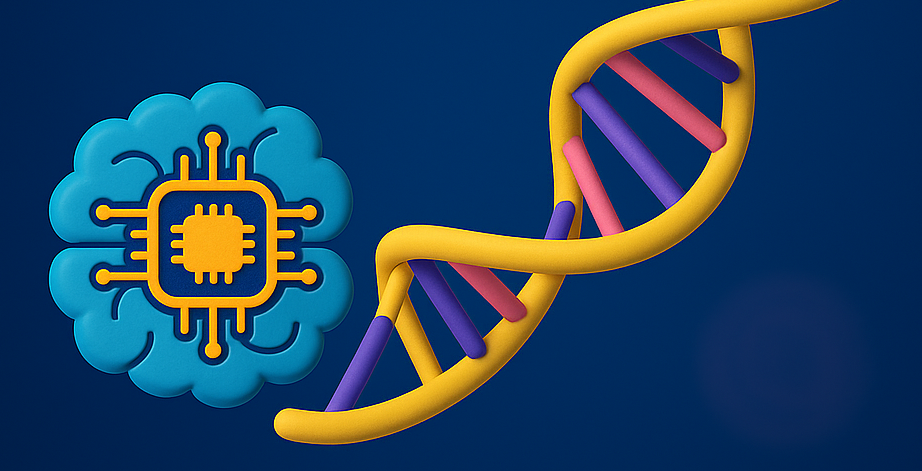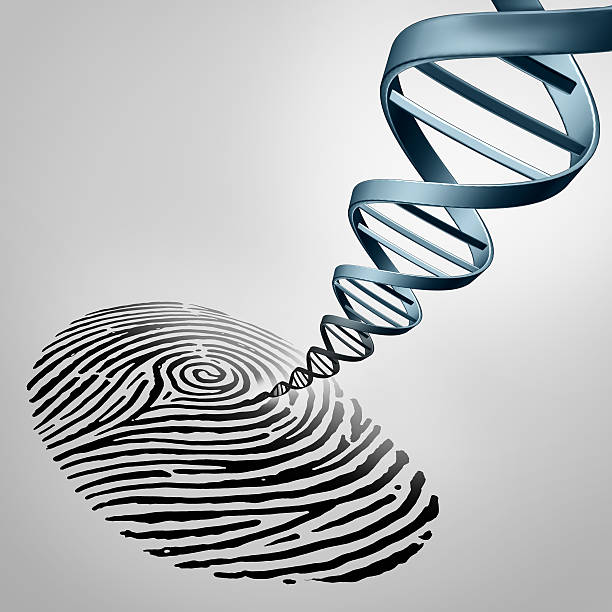First In-Body DNA Editing Cures Baby’s Immune Disease
First In-Body CRISPR Treatment for a Fatal Genetic Disorder
In a world-first medical achievement, U.S. doctors have used CRISPR gene editing to treat a baby girl born with Artemis-SCID, a rare and deadly immune disorder. Unlike previous gene therapies, which are performed outside the body, this treatment was done directly inside the patient’s body — a method known as in vivo gene editing.

What Is Artemis-SCID?
Artemis-deficient severe combined immunodeficiency (Artemis-SCID) is a genetic disorder that leaves babies without a functioning immune system. Even minor infections can become life-threatening. Without treatment, children with this condition—often called “bubble baby syndrome”—must live in sterile environments and rarely survive infancy.
The Breakthrough Procedure
At just 3 months old, the baby received a single intravenous infusion containing CRISPR components. These were delivered by a modified virus, designed to target bone marrow stem cells, where immune cells are formed. The therapy inserted a healthy copy of the Artemis gene and used CRISPR to repair the defective DNA.
This method eliminates the need to extract, modify, and return cells—a process that is complex, costly, and time-consuming.
Why It Matters: A New Frontier in Gene Therapy
This in vivo gene-editing approach may revolutionize treatment for many genetic diseases by making therapy:
- Faster — no lab-based cell manipulation needed
- Cheaper — less reliance on expensive infrastructure
- More accessible — potential use in developing regions
Early Results Are Promising
Six months after the treatment, doctors report that the child is developing a functioning immune system. While long-term effects are still being monitored, early signs suggest that the procedure worked as intended — a potentially life-saving transformation.
Future Applications of CRISPR In-Body Editing
Experts believe this technique could be expanded to treat other inherited disorders, such as:
- Sickle cell disease
- Cystic fibrosis
- Muscular dystrophy
If proven safe, in vivo CRISPR therapy may become a core tool in personalized genetic medicine.
Ethical and Safety Considerations
Importantly, the DNA edits affected only non-reproductive (somatic) cells, meaning the changes will not be passed to future generations. This ensures the procedure complies with current ethical and legal standards in genetic medicine.
🧬 AI-Designed DNA Controls Gene Expression in Healthy Mammalian Cells | CRG Breakthrough 2025




















